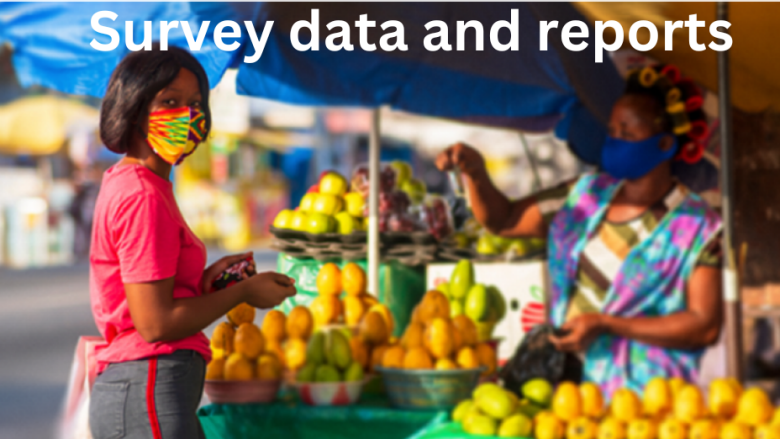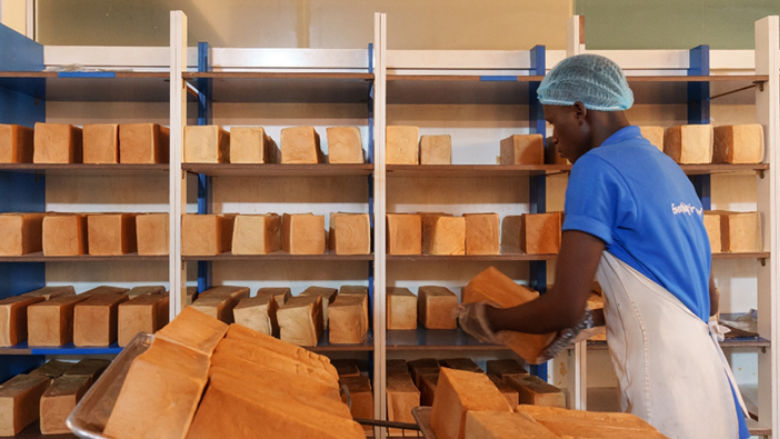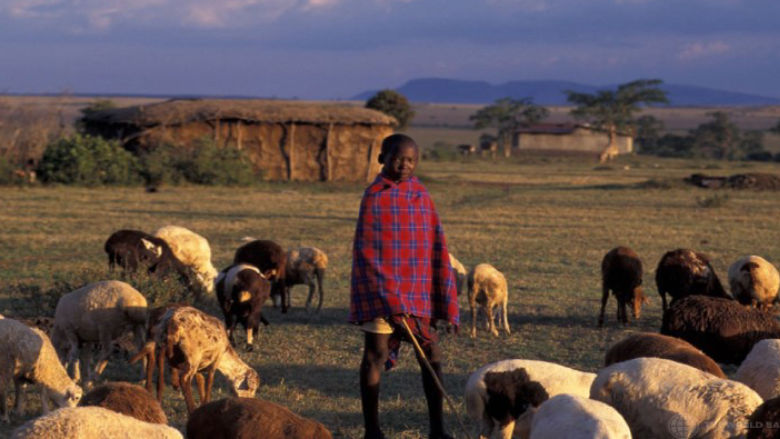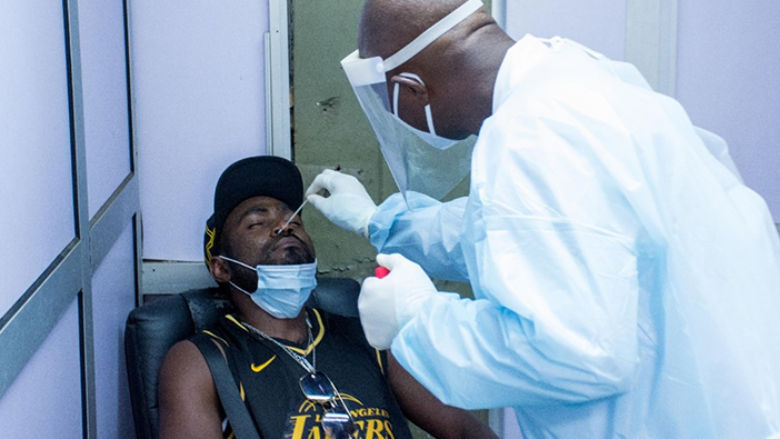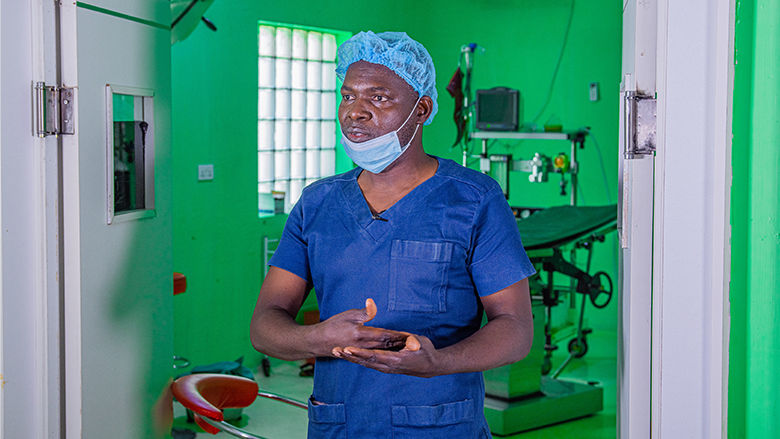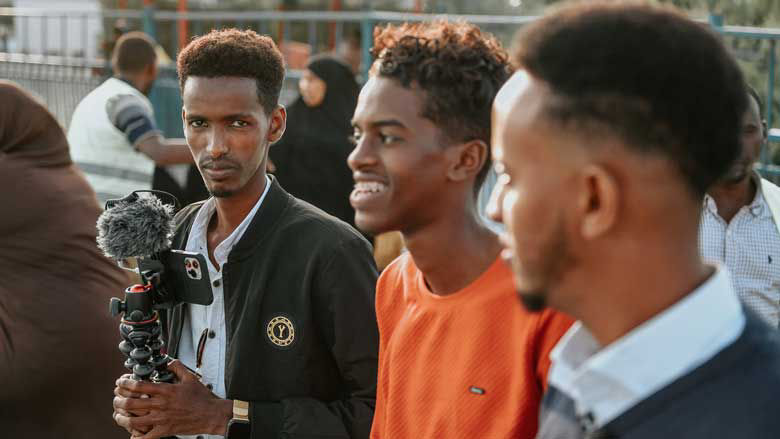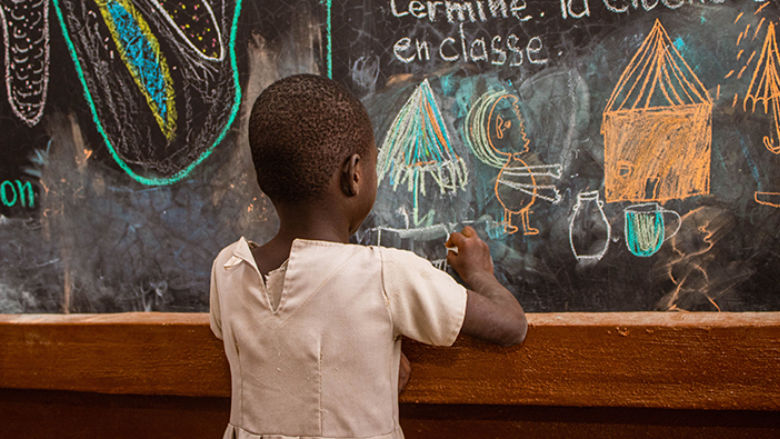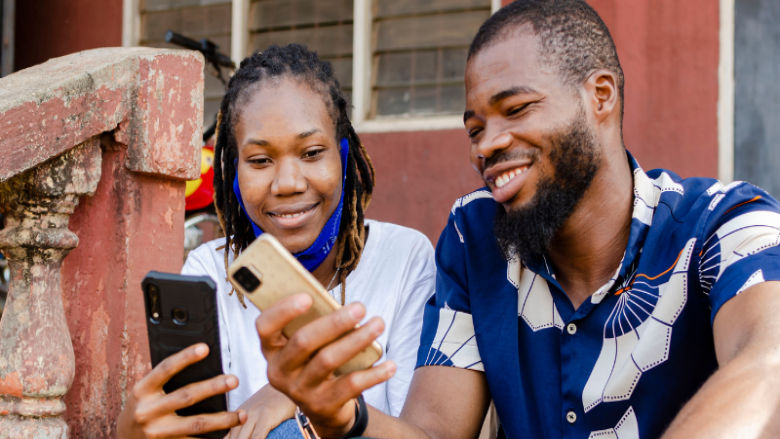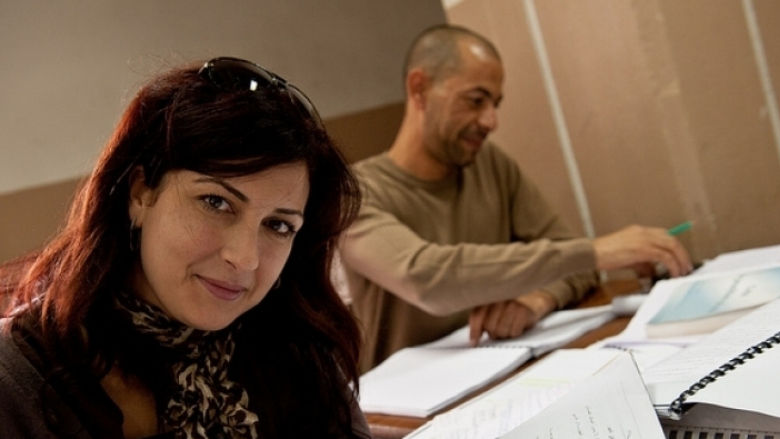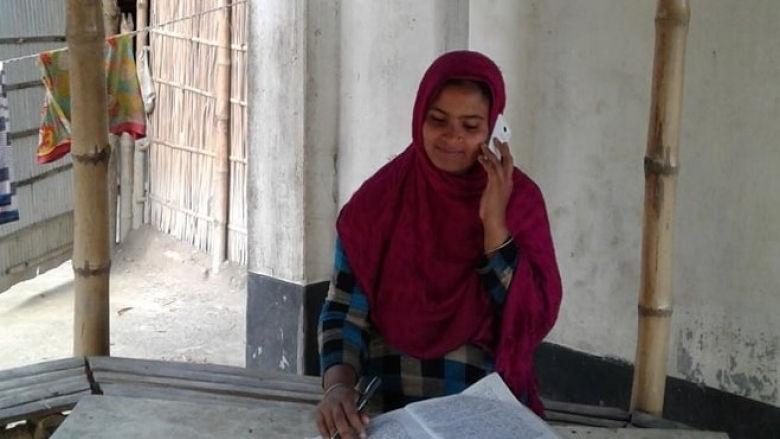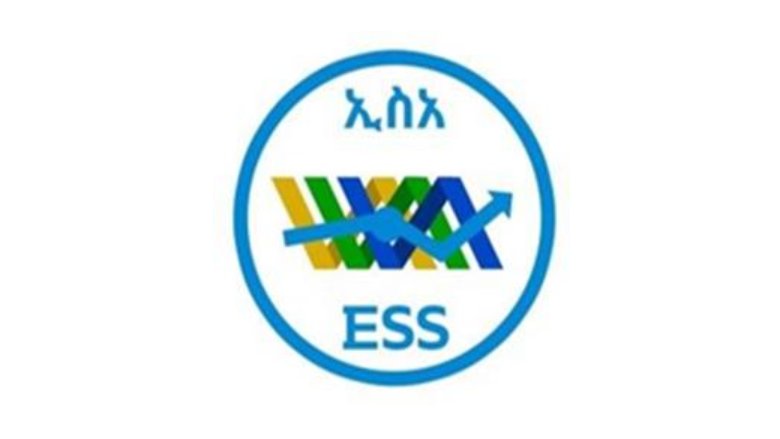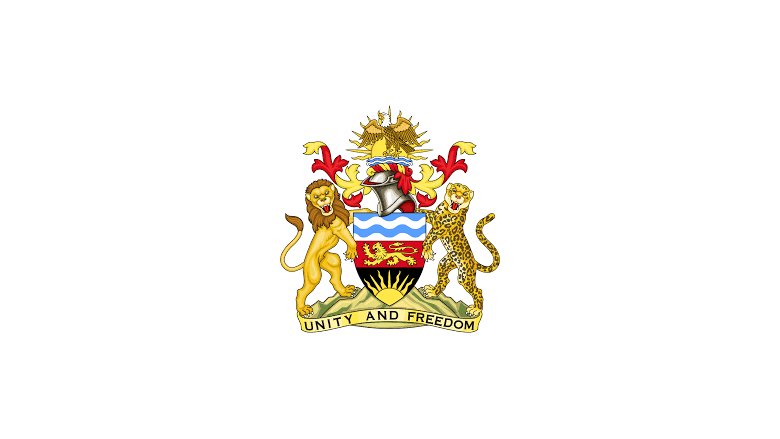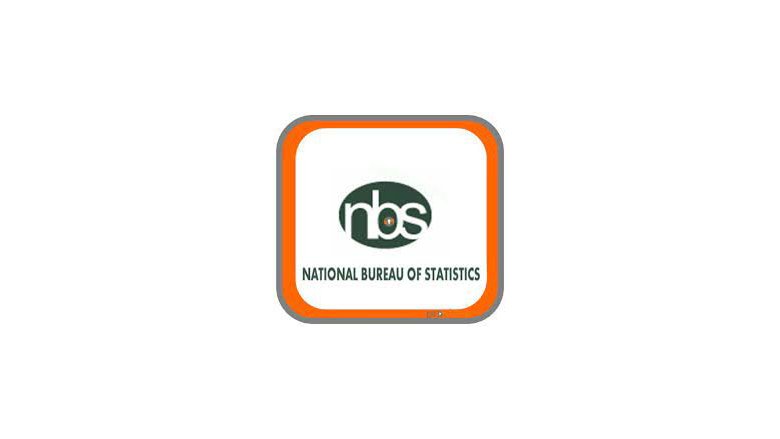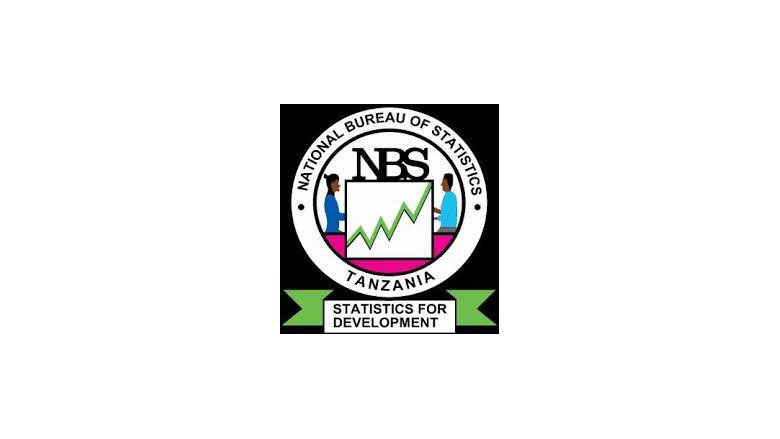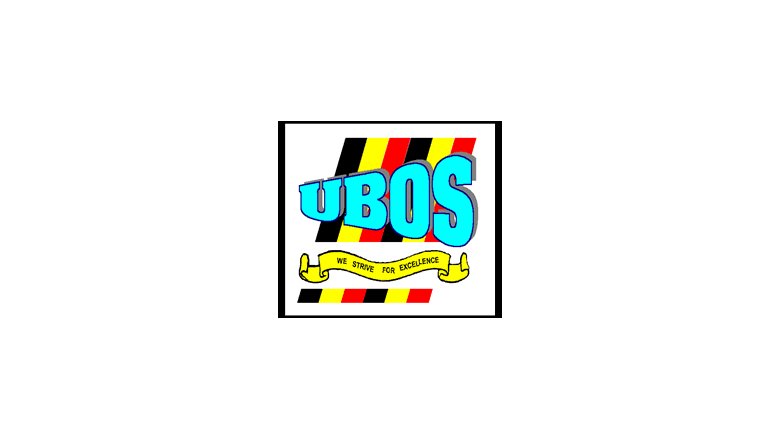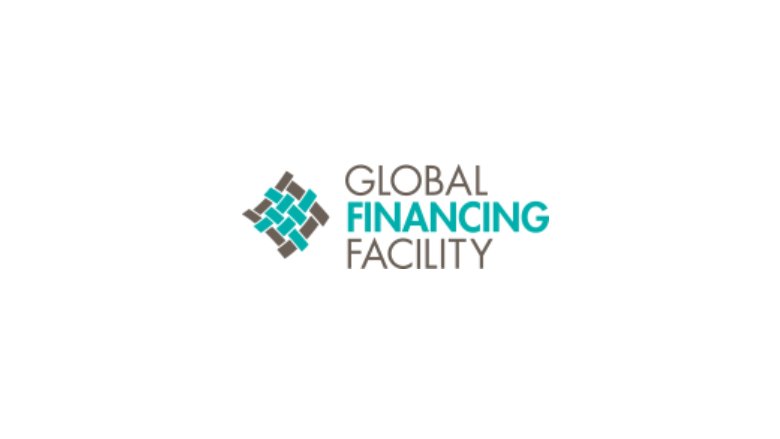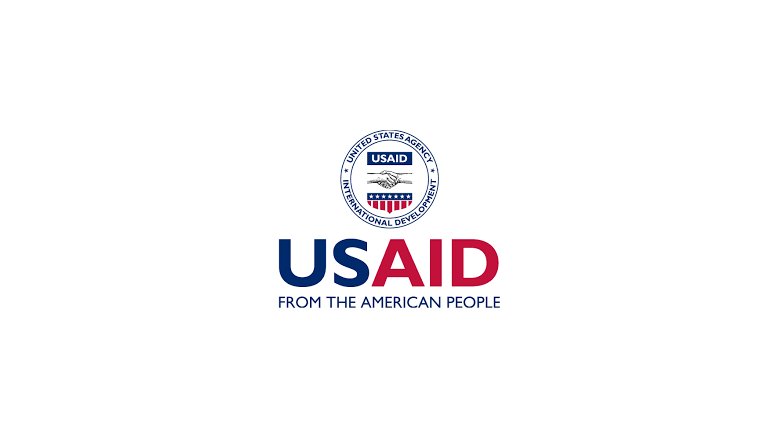Initially launched to address data and knowledge gaps related to the COVID-19 pandemic in Burkina Faso, Ethiopia, Malawi, Nigeria, Tanzania and Uganda, these surveys have evolved to provide substantive insights on the socioeconomic impacts of large-scale health, economic and environmental shocks that have unfolded over the last 4+ years.
These phone surveys have also had a transformative impact on national statistical systems, complementing existing in-person surveys with high-frequency data collection on policy-relevant topics.
To date, more than 100 survey rounds and 200,000 interviews have been completed across the six countries above with the support of the LSMS experts.
